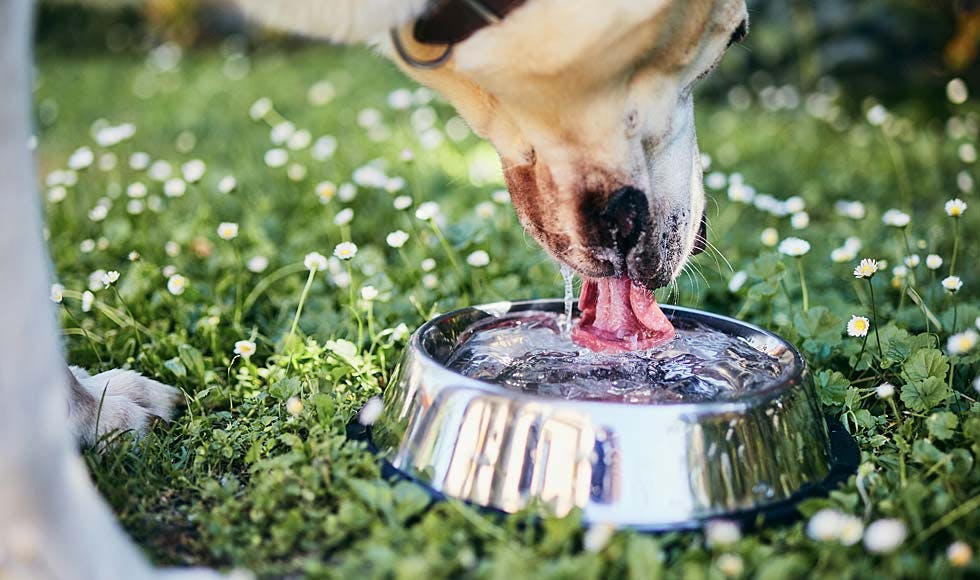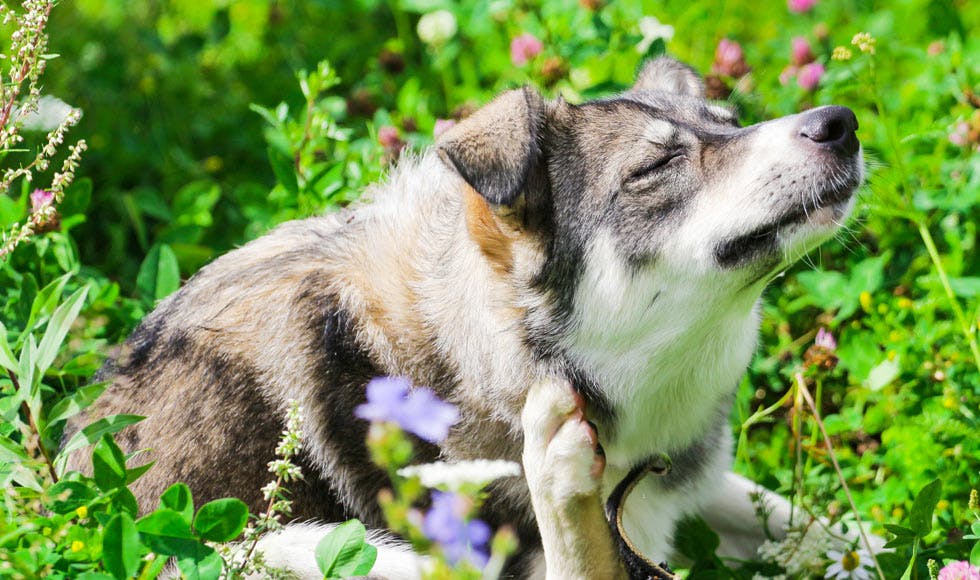
- A Guide To Perfect Your Pet's Health/
- Resources For Your Pet's Skin and Coat Health/
- Dogs and Cats Can Get Sunburnt Too


With Australia having the highest incidence of melanoma in the world, it’s little wonder millions of dollars have been spent on campaigns trying to raise our awareness and make us more sun safe.
But we’re not the only species affected by the sun – our dogs and cats can also get sunburnt.
Here’s why slip, slop, slap applies to our pets, too.
The lowdown on sunburn
Just like their owners, cats and dogs can not only get sunburnt, but can suffer skin damage and skin cancer from overexposure to the hot Australian sun.
Fur acts as a kind of natural sun protection, so it makes sense that our furry friends with white coats, pale skin and short or thin fur, and all hairless breeds, are the most vulnerable, says veterinarian Dr Trish Santos-Smith.
The ears, the bridge of the nose, the skin around the eyes and the back are particular danger spots for these animals. “As are their bellies,” says Santos-Smith, especially if you have a dog that likes to lie in the sun on its back.
A number of breeds have skin that is very light-sensitive, including white bulldogs, beagles, dalmatians, boxers, whippets, and white cats, or multi-coloured cats with white patches.
Some pre-existing health issues can also increase your pet’s sensitivity to the sun. These include parasitic infections, chronic skin conditions, autoimmune skin diseases and congenital hairlessness.
Symptoms of sunburn in dogs and cats
Sunburn leads to an acute inflammation of the skin that will cause itching and possibly pain. According to Santos-Smith, these are the most likely symptoms of pet sunburn:- Pinker-than-normal or reddish skin
- Skin is sore to touch
- Skin sores
- Dry and cracked ear edges.
Treating sunburn in dogs and cats
If your cat or dog is displaying those symptoms, the first step is to move them to a shady spot or indoors as quickly as possible. Cool compresses and ointments such as aloe vera or vitamin E oil can help relieve the initial symptoms.
But if the animal is in distress, or the symptoms don’t ease, the vet is the next logical step. “If the sunburn is moderate to severe, it will require treatments such as ointments to help soothe the skin and reduce inflammation. In severe cases, your pet will require pain relief,” says Santos-Smith.
Your vet may prescribe medication such as a cortisone ointment, which helps to ease inflammation and helps the skin heal.
But here’s the bad news: frequent cases of sunburn in a dog or cat can lead to pre-cancerous conditions and skin tumours, which is why prevention is so absolutely important.
If your cat or dog has had a case of sunburn, or belongs to one of the more susceptible breeds, you should regularly check their coats for new lumps or spots that could be indicators of skin cancer.
Focus on the more exposed parts of the skin, including the mouth, nose, ear-tips and toenail beds. According to Sun Doctors, these abnormal growths often have irregular edges, discolouration and can present as open sores. Talk to your vet if you have any concerns.
How to be sun smart with your pet
The smartest thing you can do is limit the amount of time your animal spends in the sun, says Santos-Smith. And, just like humans, avoid any exposure between 10am and 2pm, when the sun is at its strongest. (Some 60 per cent of carcinogenic radiation is received in those four hours.)
But it’s not always possible to keep our cats and dogs out of the sun altogether. That’s where protection like sunscreen and even sun-safe clothing comes into its own. The RSPCA recommends using sunscreen on your animal’s nose, belly, groin areas, tips of the ears and any area where the fur is thin or non-existent. If that’s too difficult to apply, consider sunwipes, which might make the process easier. For cats, don’t use sunscreen that contains PABA, zinc oxide, octisalate or salicytes.
Dog and cat hats are also readily available but, like children, not all animals will take kindly to wearing one. The RSPCA advises not to force your furry pal to “wear anything that may cause them irritation”.
Other summer tips for dogs and cats
With the warm weather approaching, Santos-Smith offers this general advice, too:- Ensure your pet has access to shade
- Ensure it has water available at all times
- If you have a dog, consider buying a small inflatable pool, set up in the shade, to help them cool off
- Walk your dog early in the morning or late in the evening when it’s cooler




